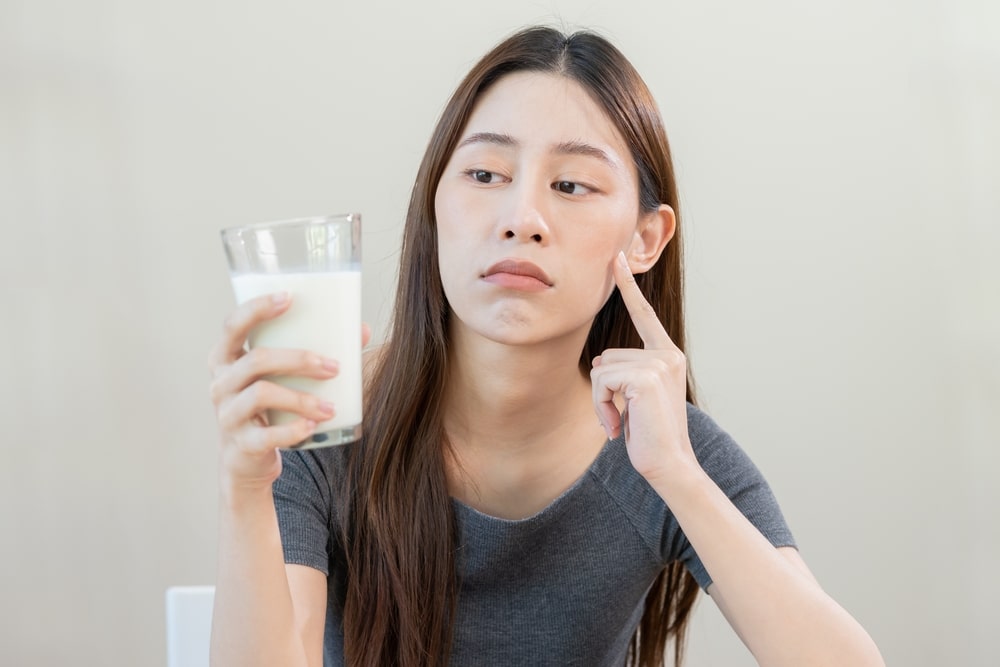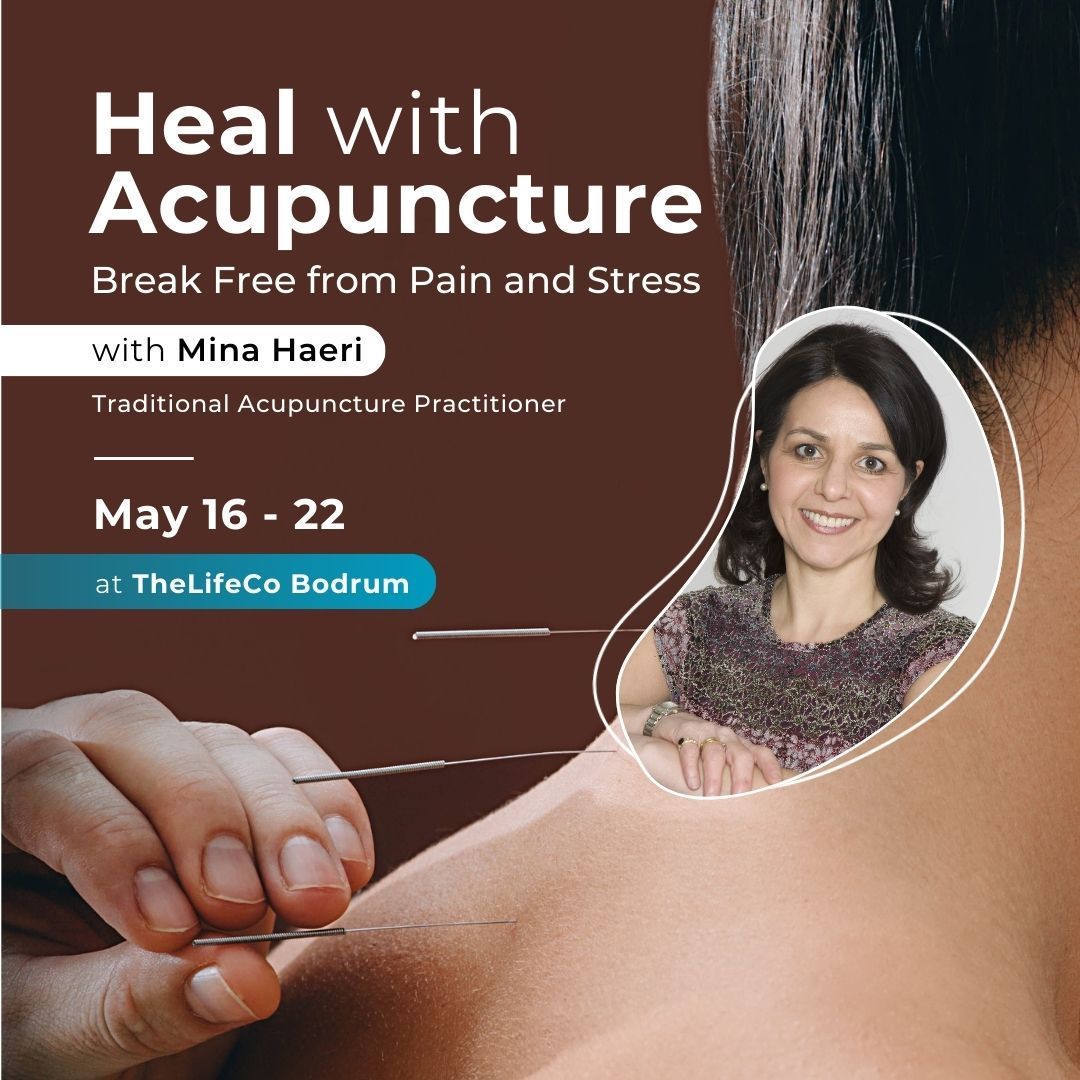Sleep is a luxury anybody can afford, but only a few appreciate and take advantage of. If you wake up still tired after 8 hours of sleep, let’s dive into the potential reasons for your fatigue and suggest ways to improve your sleep and life quality.
Some impacts of sleep on the human body include weight management, many aspects of physical health, memory retention, and mental wellness. Just like good quality and sufficient sleep offers all these benefits, unfortunately lack of it harms all those systems in our body. Moreover lack of sleep can’t really be compensated for, it just keeps taking its toll on the human body.
We spend 1/3 of our lives in our sleep and certainly it’s not without a reason. Imagine all the products people use to boost their sex drive, delay aging, support the immune system, improve cognitive functions and balance their mood. What if we told you all that wouldn’t be as necessary if they got sufficient and good quality sleep instead?
Still, we’re the only species that consciously delay this amazing experience. You can take many simple steps to improve your sleep quality day by day and become one of the lucky few who improve their quality of life immensely, simply through better sleep!
Why Do you Need Basics of Sleep Quality
Prioritizing good sleep is no different than prioritizing a healthy diet or exercise! Sleep constitutes one-third of our lives and actually affects the destiny of our overall health.
Good sleep also means enhanced vitality, higher energy levels, balanced hormones, and even a more vibrant libido. It helps prevent chronic fatigue, minimizes unexplained body pains, and reduces the frequency of migraine attacks. Embracing healthy sleep habits can even contribute to a lower risk of severe conditions like cancer.
How Sleep Cycles Work
Sleep cycles are progressions that our bodies go through during different stages of sleep. They collaborate at the right periods to ensure our sleep, metabolism, and even mood are all tuned.
The Role of Sleep Stages in Restorative Sleep
Each sleep cycle typically lasts around 90 minutes and includes the following stages:
1st NREM Stage: This is the light sleep stage where somebody or something can easily awake you! It lasts 5 minutes and includes the transition from being awake to asleep.
2nd NREM Stage: This is the deeper light sleep stage that covers almost half of the total sleep cycle. During this stage, our body temperature decreases, muscles relax, and heart rate slows down.
3rd NREM Stage 3: This deep sleep stage is very essential for our physical restoration, growth and cognitive functions like memory consolidation, learning, and emotional regulation. It’s harder to wake someone up during this deep sleep stage.
REM Sleep (Rapid Eye Movement): Most dreaming occurs in this REM stage, which is essential for cognitive functions like memory consolidation and mood regulation. The body is relaxed, but the brain is active.

Common Misconceptions About Sleep Duration
We all have different sleep needs across different stages of our life. That’s why recognizing and understanding our sleep needs can be very effective in affecting our energy levels, daily life, and mood, especially as we grow older. This can prevent feeling tired and frustrated after a long night’s sleep. Let’s discover the common misconceptions about sleep duration.
1. Babies and young children need less sleep while growing.
Fact: Oppositely, they need more sleep while growing and around 10 to 14 hours of sleep daily.
2. Teenagers need the same amount of sleep as young children.
Fact: When we enter the teenage years, we go through a period of hormonal changes. To manage these bodily changes, teenagers may need a few more hours of sleep than younger children and sleep around 8 to 10 each day.
3. Adults and seniors need the same amount of sleep throughout their lives.
Fact: We need a few more hours of sleep than teenagers during our adult life, and sleeping around 7 to 9 hours per night is generally enough. Although our need for sleep might decrease as we enter our senior years, our need for quality sleep remains as important as before!
4. Everyone in the same age group needs the same amount of sleep
Fact: Even within the same age group, sleep needs can differ from one person to another. While some individuals may feel perfectly rested with 7 hours of sleep, others might need a full 8 hours to achieve the same level of rest.
Common Causes of Waking Up Tired After 8 Hours of Sleep
1. Sleep disorders including Sleep Apnea, Insomnia or Restless Legs Syndrome
2. Having a bad sleep environment or inconsistent sleep schedule
3. Exposure to blue light before you sleep from your computer or phone.
4. Having unhealthy eating habits before bed
5. Medical conditions including Thyroid Issues, Anemia or Chronic Fatigue Syndrome
6. Psychological factors including Stress, Anxiety or Depression
Why 8 Hours of Sleep Might Not Be Enough
The Quality vs. Quantity Debate
Sleep quality differs from sleep quantity which is basically how long we sleep. Sleep quality refers to how well we sleep and is collectively defined by: ease of falling asleep, how uninterrupted our sleep is, ability to sleep through our suggested sleep quantity, and feeling rested upon waking up.
Both quality and quantity are important when it comes to healthy sleep, but quantity doesn’t mean much without quality. Imagine sleeping for more than 8 hours every day and still not feeling rested, who wants that, right? So, make sure to practice sleep hygiene, take any actions necessary to get an uninterrupted sleep and follow your circadian rhythm!
Personalized Sleep Needs
Gender differences in sleep quality exist. Women are found to experience more sleep disruptions and overall lower quality sleep than men. Those could be attributed to sex differences in hormonal balance and circadian rhythm, especially resulting from menstrual cycle, menopause and pregnancy.
The potential influence of cultural gender norms also shouldn’t be overlooked, which attribute females with the caregiver role and leave them a much more restricted personal space -and therefore sleep routine- at home.
How to Improve Sleep Quality
Creating a Bedtime Routine
Relax before bed. In the last half hour before sleep, although the more the merrier, refrain from stressful stimuli and do relaxing activities. Relax and ease your mind, get into a peaceful state.
Consistent Sleep and Wake Times
To sleep according to your circadian rhythm, most importantly try to sleep and wake up at the same time every day. Sleeping and waking up at the same time every day will improve your memory function, speed up your reaction time, improve your mood, and help you become more productive during the day. In addition, try sleeping for 8 hours, and if possible especially between 10 PM and 6 AM.
Pre-Bedtime Relaxation Techniques
Optimizing Your Sleep Environment
The Importance of Darkness
If you are waking up tired after 8 hours of sleep, sleeping in a dark environment could really improve your sleep quality.

Nutrition and Sleep
Foods to Avoid Before Bed
Sleep-Promoting Nutrients
Managing Stress and Anxiety
Avoid stressors before bedtime. Stressful stimuli increases your cortisol and adrenaline levels, putting you in ‘alert mode’ and making it much more challenging to fall asleep. Simply avoid stressful news sources, videos, even fictional movies, and unpleasant social interactions before sleep.
If you have chronic stress or the feeling of burnout, you can check mental wellness retreats to reduce stress and anxiety.
Mindfulness Meditation
Sleep-Focused Wellness Programs
You can join a wellness program where you can optimize your overall wellness including your sleep quality. Mental Wellness Retreats, Emotional Resilience Programs and Sleep-focused wellness programs are ideal to reduce stress, balance your diet, cleanse toxins and inflammation from the body which are essential to improve your sleep quality. Most importantly, you can reset your daily routine to not only improve your sleep quality but also build lasting healthy lifestyle habits.
FAQs About Waking Up Tired After 8 Hours
Why do I wake up exhausted after 8 hours of sleep?
The reasons can vary from your pre-sleep and eating habits to your stress levels.
Can getting 8 hours of sleep make you more tired?
Why do I feel sleepy even after sleeping for 6 hours?
It can be for several reasons. Sleeping 6 hours may not be enough for you, or your daily and pre-sleep habits need to be improved.
How many hours is oversleeping?
Every person’s need for sleep can change based on age, lifestyle and even gender. Still, an adult’s standard ideal sleep hour is 7-8 hours. That’s why sleeping more than 8 hours can be considered as oversleeping.







